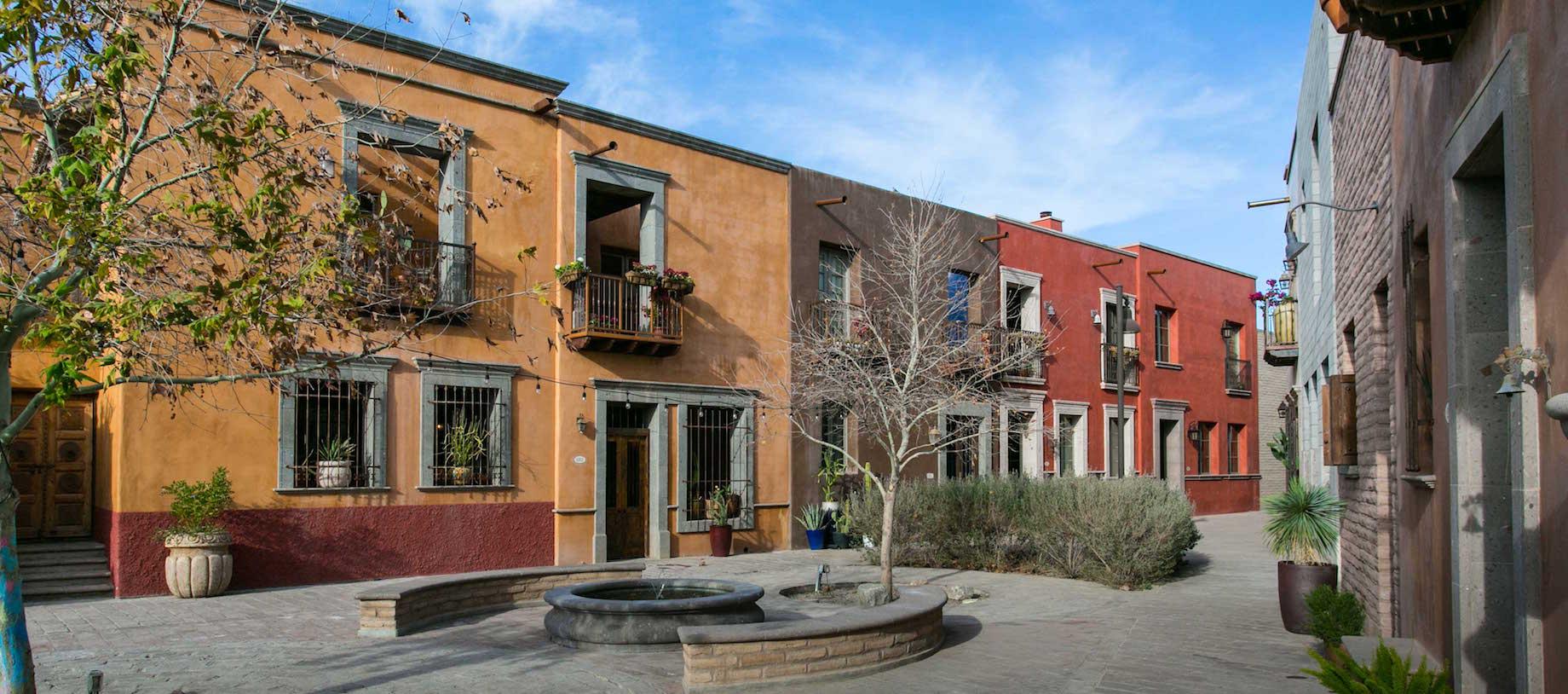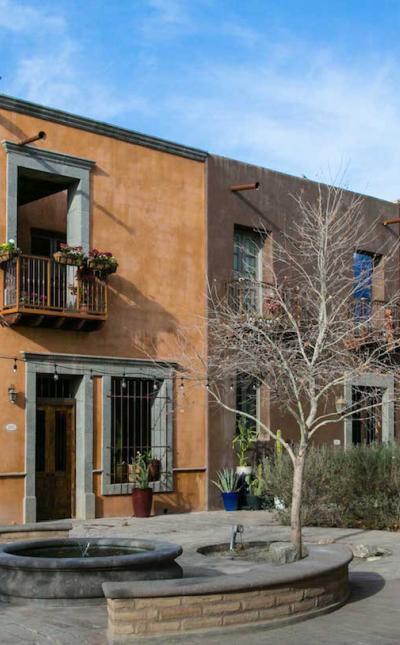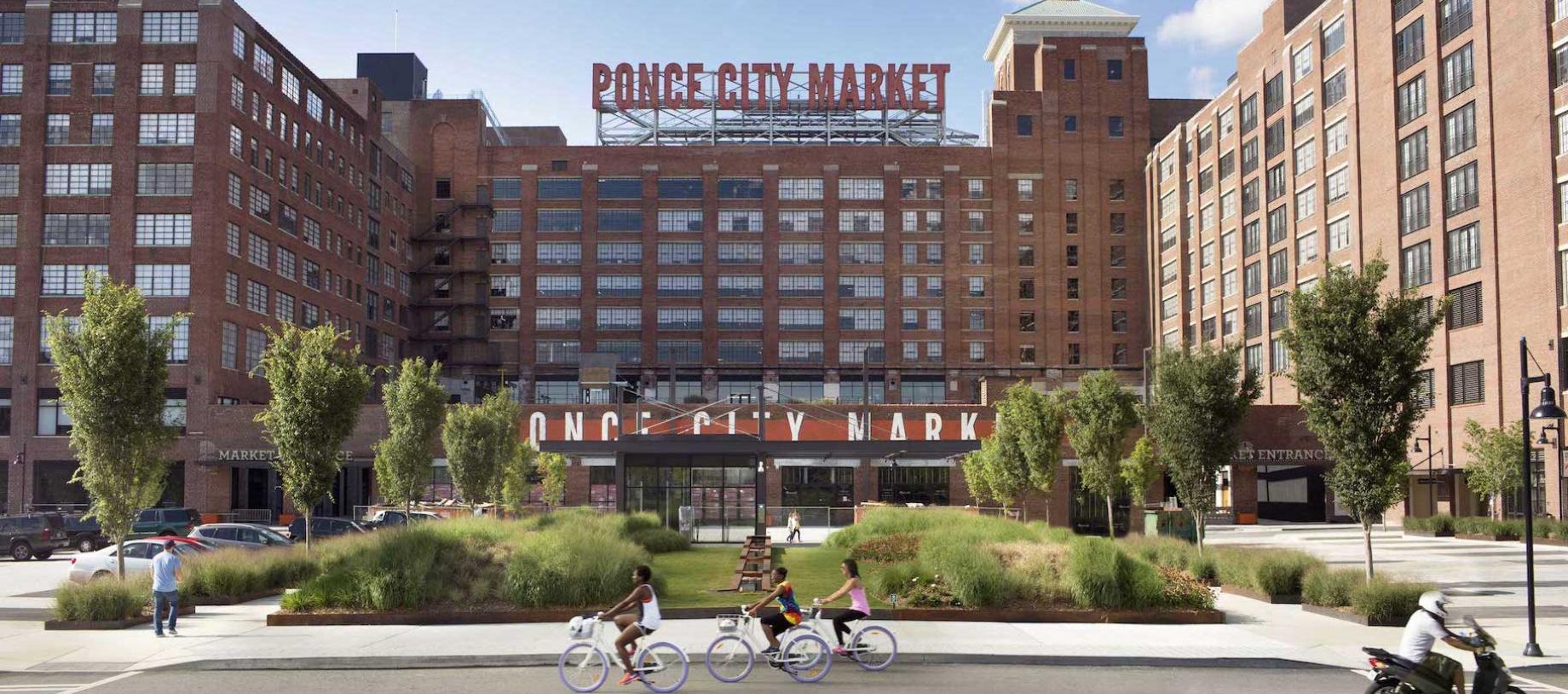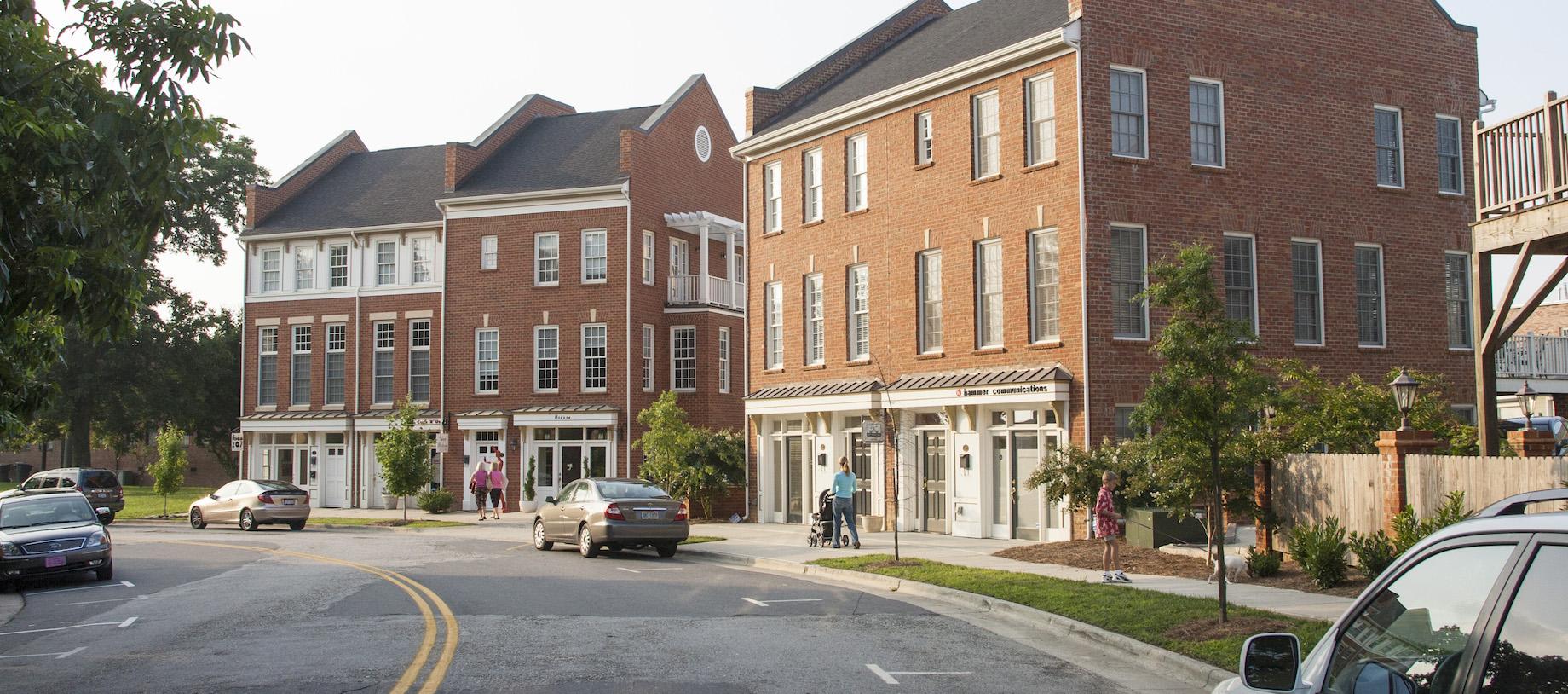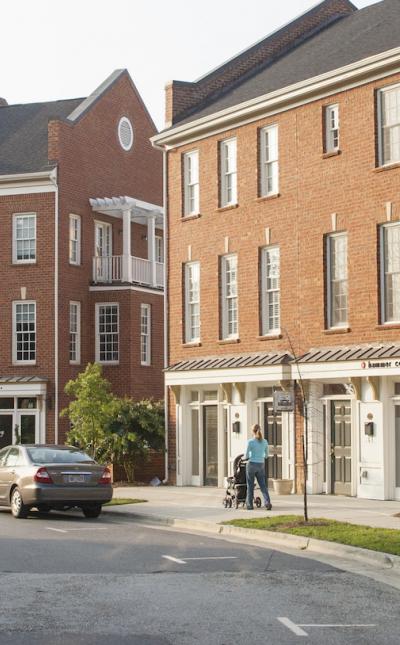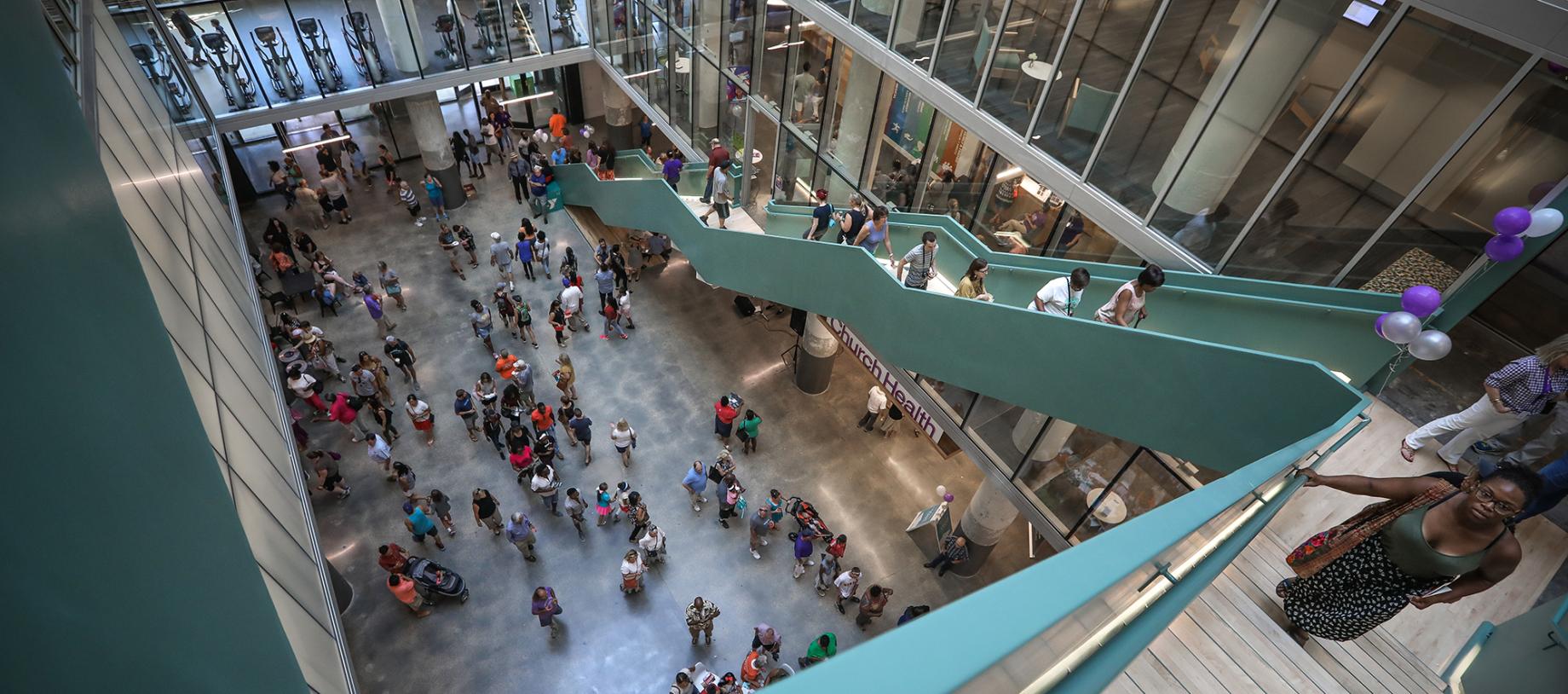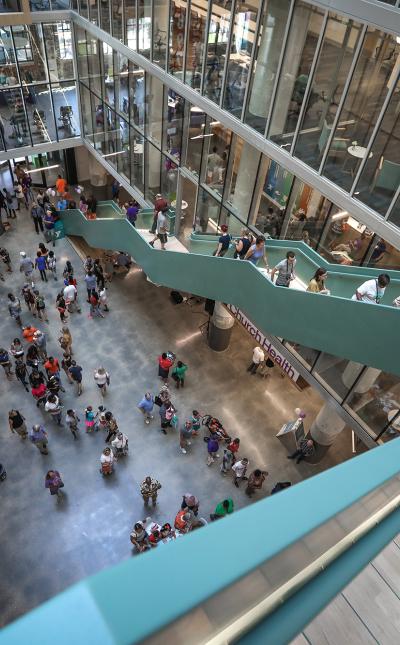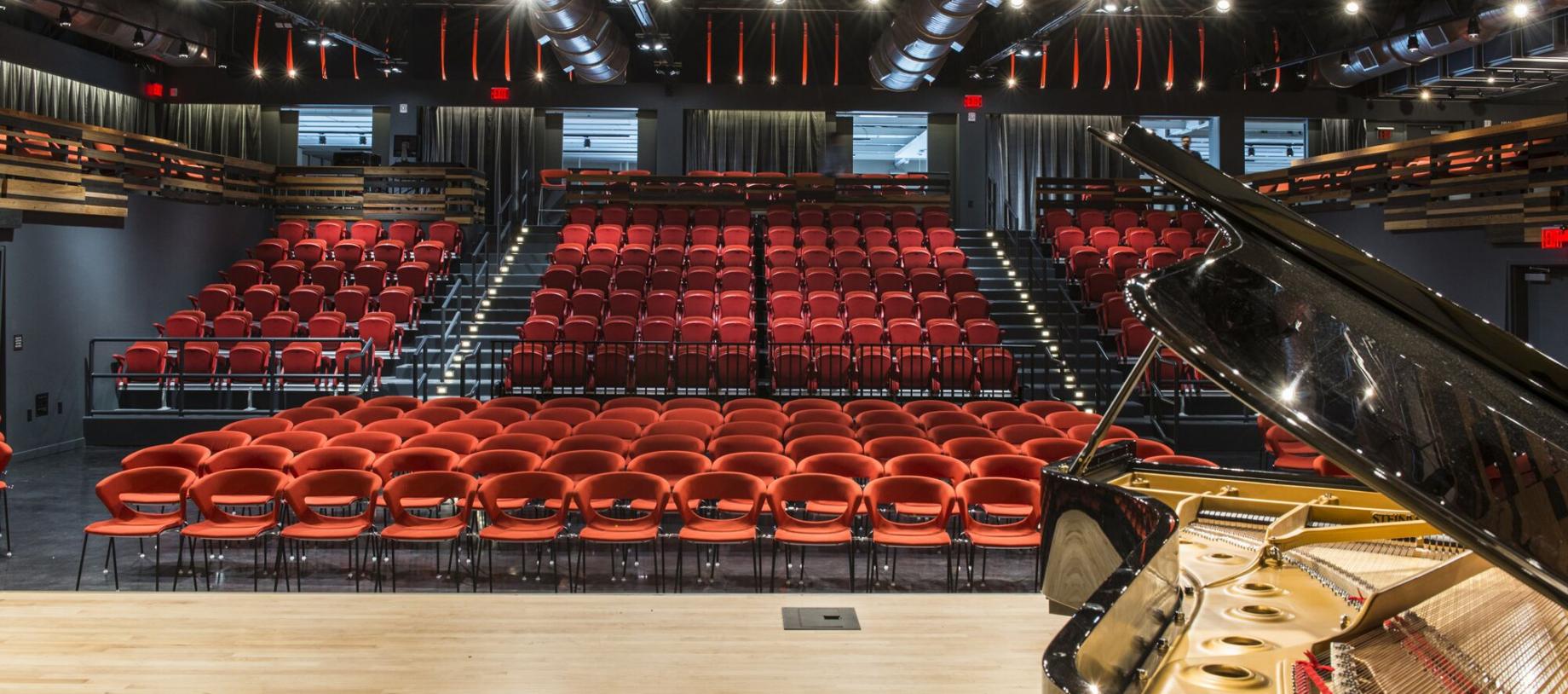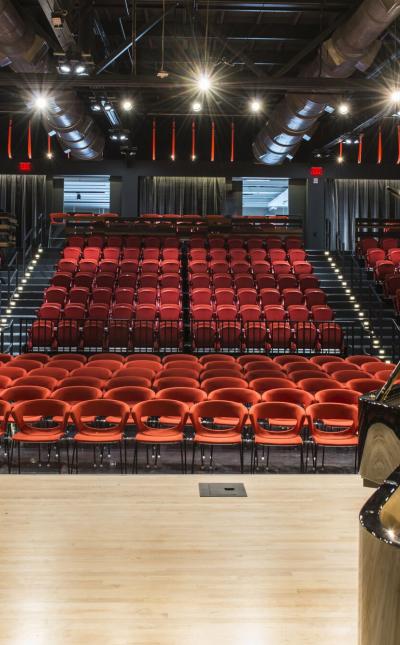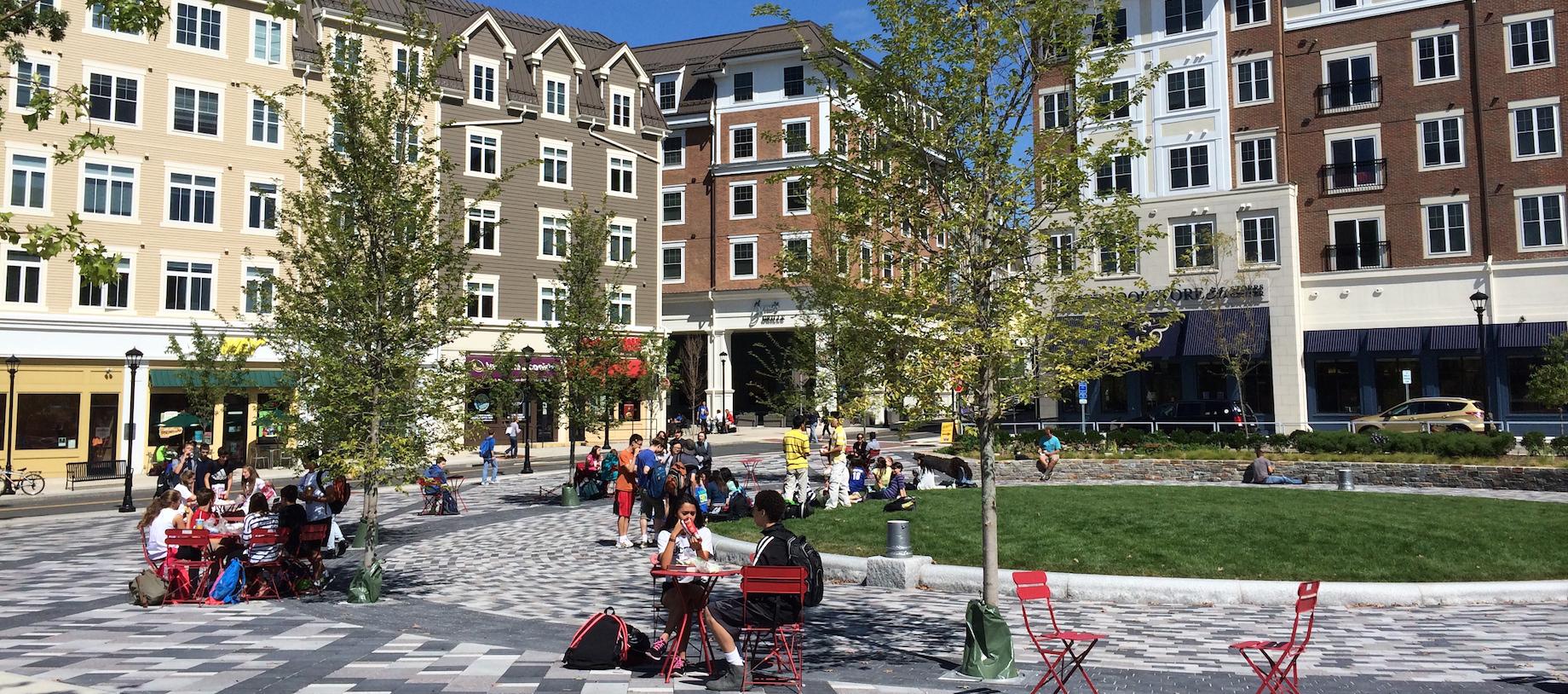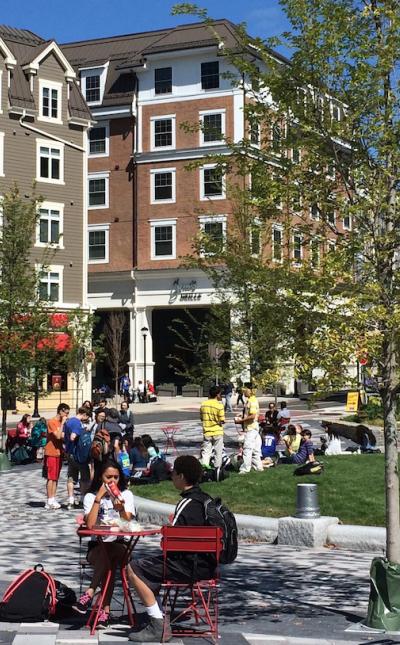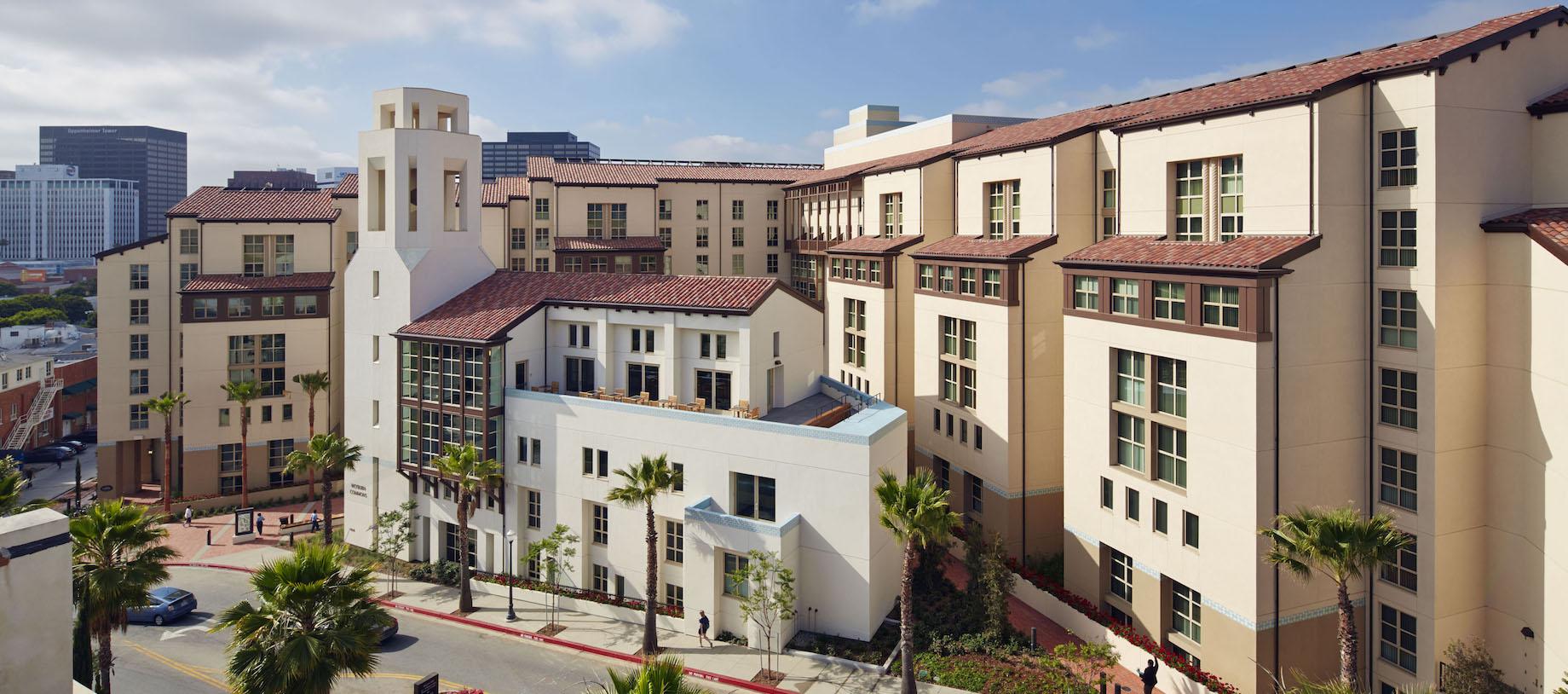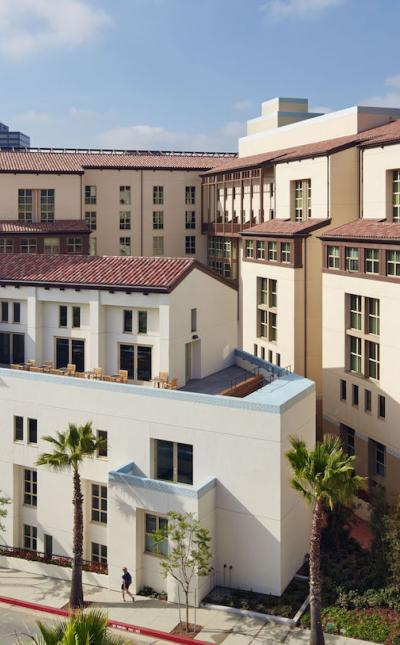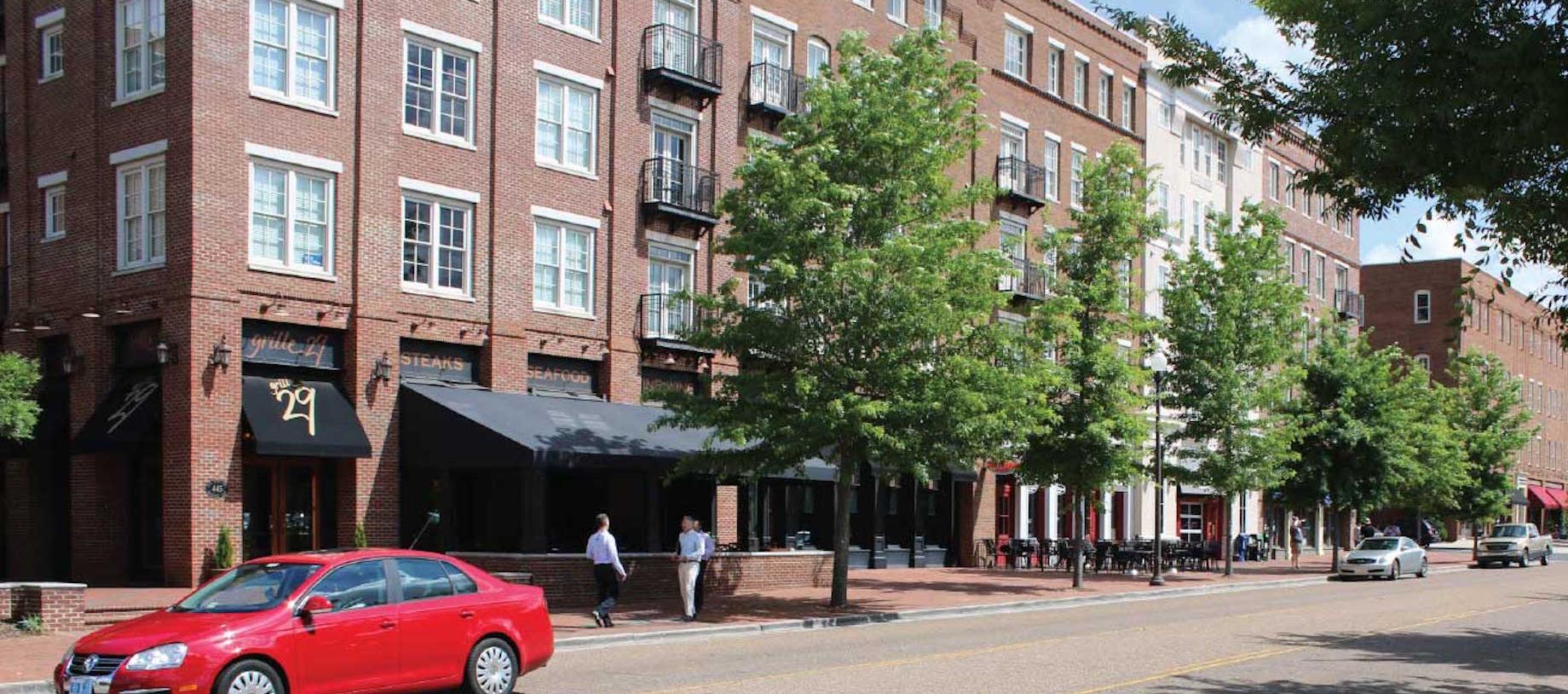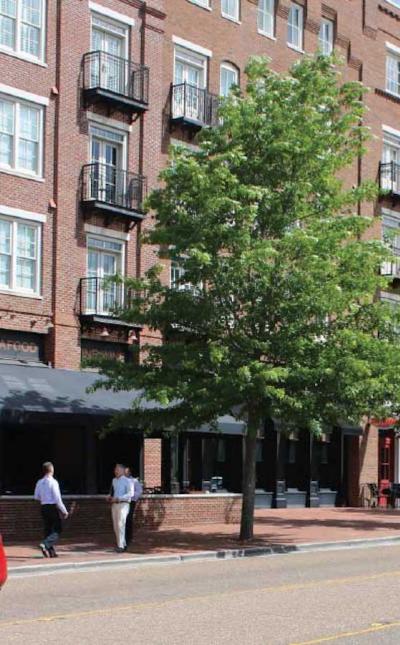For the last quarter century, CNU members have been designing, planning and building walkable urbanism. While many towns, cities, and suburbs have dramatically improved, many of America’s neighborhoods are growing dangerously unequal. Some people live in walkable neighborhoods with plenty of amenities and a celebrated public realm. They may feel safe, socially connected, and experience a healthy environment. But many others live in un-walkable places with few resources and a depleted public realm. They may be experiencing an acutely degraded environment—air pollution, extreme heat, flooding.
CNU members have an essential role to play in addressing these problems: to leverage the built environment in the pursuit of a more just and sustainable world. Our conviction is that built form plays an indispensable role in equalizing access to resources, helping people feel safer and more socially connected, and redressing climate change.
With this Strategic Plan, CNU intends to develop and advance ways to address these challenges. Our strategies can be summarized succinctly:
- Grow the supply of neighborhoods that are both walkable and affordable;
- Work to change the codes and regulations blocking walkable urbanism;
- Advance design strategies that help communities adapt to climate change and mitigate its future impact.
We believe that CNU can make a significant impact in these areas over the next several years. Our movement has a history of identifying the right problems and developing tools that have proven successful. We are guided by a Charter that makes our values clear and unambiguous. Our insistence that the problems of community building—sprawl, segregation, disinvestment, and environmental deterioration—are intertwined is a conviction that still rings true.
While the root cause of many of these problems is often deeply structural, e.g., racism, classism, failed government policies, and political polarization, the impact of the design and quality of human settlement is immense.
CNU is committed to bringing urban design principles and practices to the table and to convene residents, policymakers, and practitioners to accelerate joint advocacy in pursuit of inclusive and equitable walkable urbanism. Our work and advocacy continues to be paramount in addressing our problems today and into the future.



